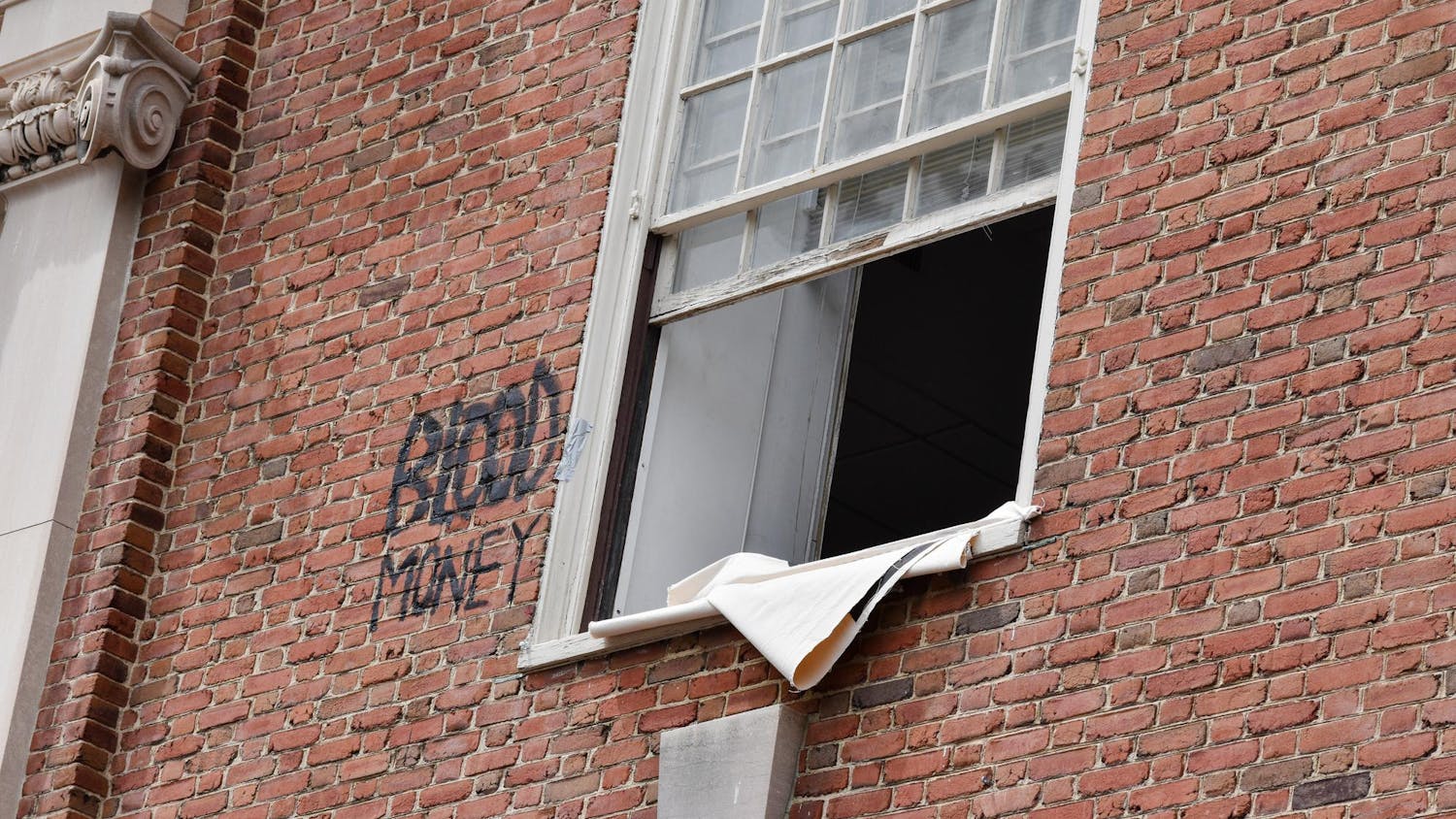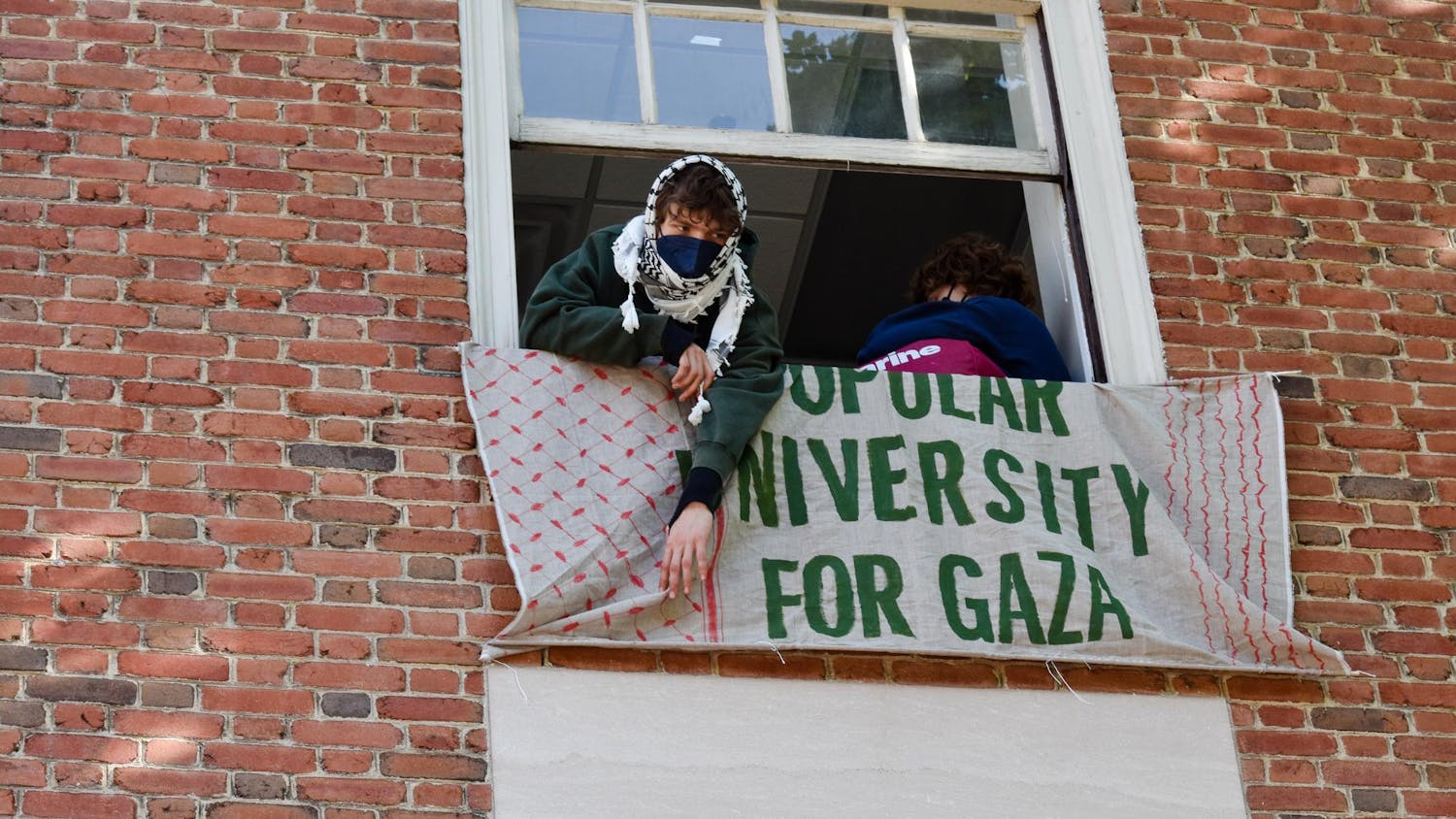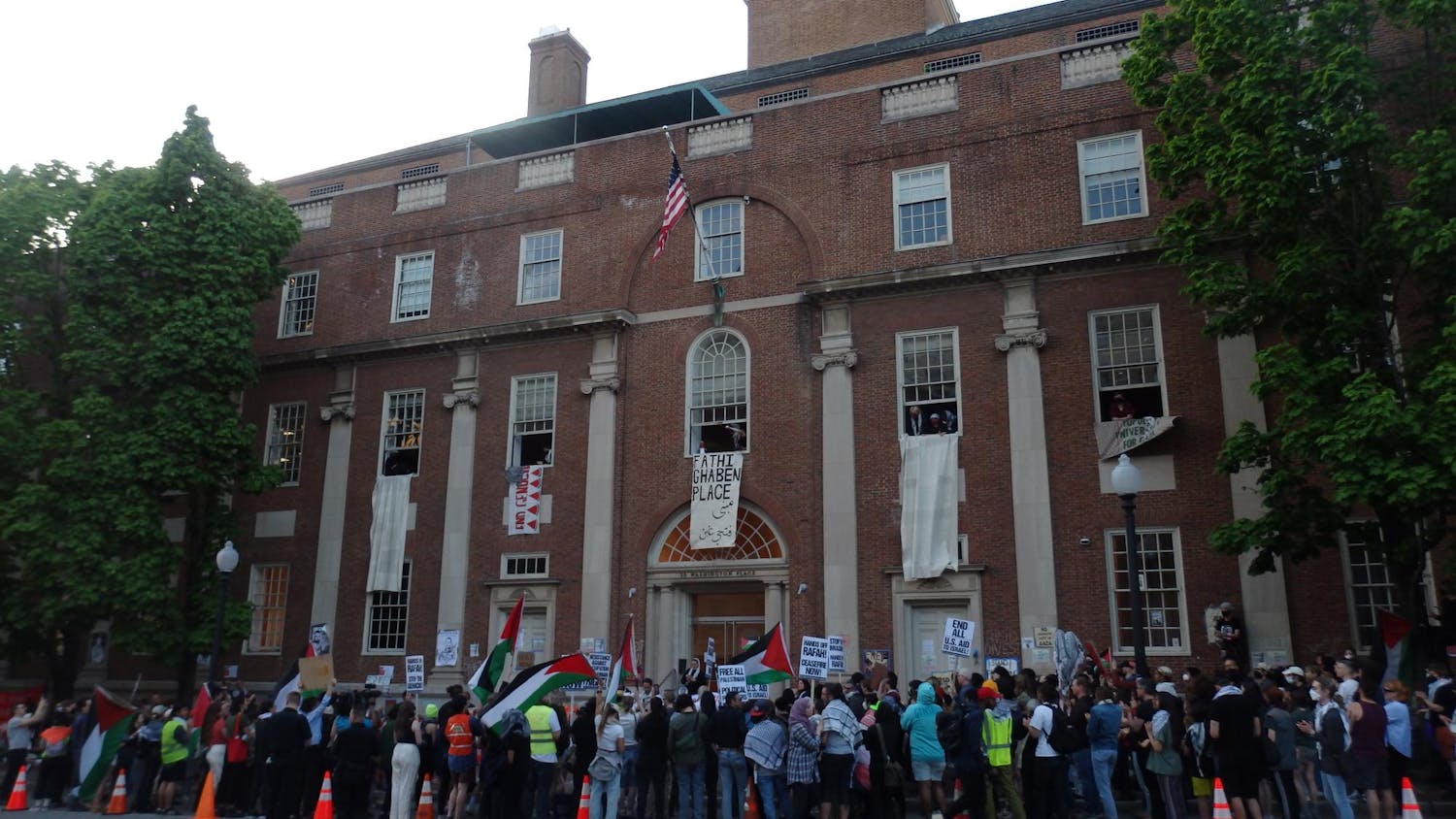In an effort to raise local awareness of the challenges that Haitians and Dominicans of Haitian ancestry face in the Dominican Republic, Bernard Georges, founder of the nonprofit New Bridges for Haitian Success Inc., hopes to involve the University in future discussions.
An Oct. 23 forum, New Bridges’ third such event since July, was attended by representatives from the offices of both Mayor Jorge Elorza and Sen. Sheldon Whitehouse, D-RI.
“In Providence, we have significant numbers of Haitians and Dominicans, so I organized the event(s) because I think there should be more outrage towards the issue,” Georges said. “There’s been silence in Rhode Island, and you don’t hear people talking about it.”
Held on the Community College of Rhode Island’s Providence campus, last month’s forum was attended by members of both the Dominican and Haitian diasporas and aimed to address “barbaric acts being carried out against Haitians and more importantly against human beings in the Dominican Republic,” Georges said.
The issue is a central concern for Haitian-American communities, Georges said, adding that he is working to create a dialogue about these issues and to engage elected officials to address the concerns of the community on a larger scale. “I think the U.S. has the ability to lead and secure the peace,” he said. “So I’m asking elected officials to put pressure on the leaders back home to exercise civility to stop this harassment.”
Ernesto Sagás, associate professor of ethnic studies at Colorado State University, said that “antihaitianismo” — a phenomenon primarily characterized by racially charged attitudes toward Haitians in the Dominican Republic — has been perpetuated for decades but has grown lately as a result of changes to citizenship laws. Specifically, recent legislation stripped some 250,000 persons — many of them Dominicans of Haitian ancestry — of their Dominican citizenship.
“You have three, four generations of people of Haitian ancestry born in the Dominican Republic who have now been retroactively stripped of a nationality,” Sagás said. He explained that in 2013, the Dominican Supreme Court decided that descendants of undocumented migrants born after 1929 would be stripped of their citizenship, leaving thousands stateless. “Some of them were born, raised, had children and died as Dominican citizens and now they are something else.”
Timothy Empkie, clinical associate professor of family medicine, said that deportations could significantly affect the Haitian deportees, because “their knowledge of the language isn’t that great, they might have no family connections and they might find difficulty getting access to health care, housing and social insurance.”
Georges said that the crisis is dire and that Dominicans of Haitian ancestry are subject to “torture, rape, beatings and arbitrary arrests” and even “lynching.”
“A lot of the people leaving (the Dominican Republic for Haiti) do not have formal deportation orders,” said Brian Concannon, Jr., executive director of the Institute for Justice and Democracy in Haiti, a human rights advocacy group, “but because of the arrests, beatings and threat of lynching, people are afraid enough that if the police tell them to go they’ll go, even if there’s no legal requirement to do so.” The crisis reached a climax in June, when several thousand people were deported from the Dominican Republic each week, though that number has now fallen to the hundreds or low thousands.
At the Oct. 23 forum, Rep. Grace Diaz, D-Providence, said Elorza is hoping that community members and elected officials can work together to raise awareness of the issue. “It’s not just a Haitian issue,” she added.
Though there is not yet a date for the next forum, Georges said he would like to involve Brown, because “there is a significant population of Haitians there, and it’s a great opportunity to involve the university community.”
“My focus is on the morality of these barbaric acts,” Georges said. “This should not be party politics. This is a humanitarian crisis, and it requires global attention and American leadership,” he added.




